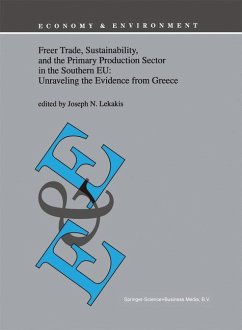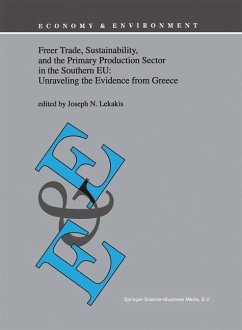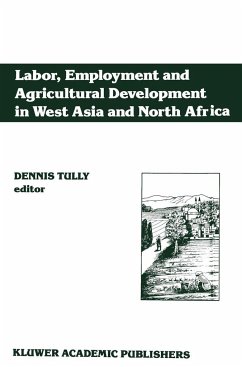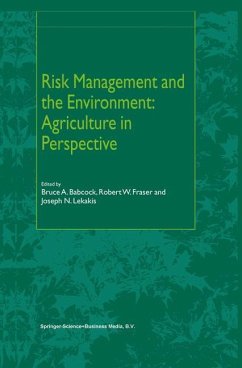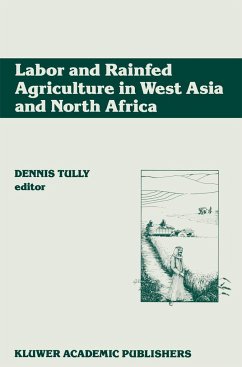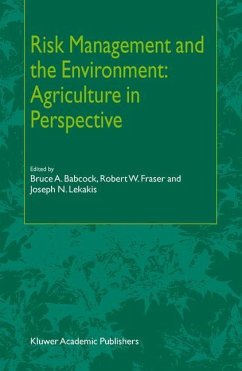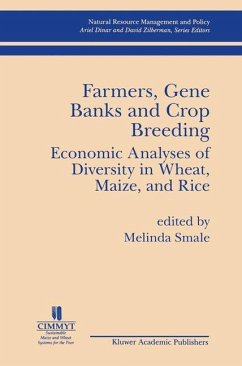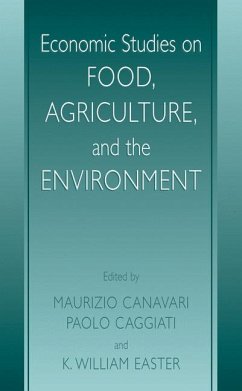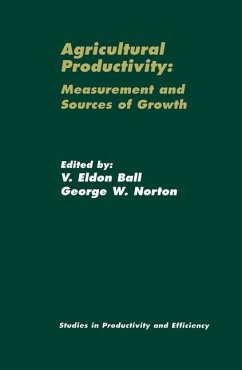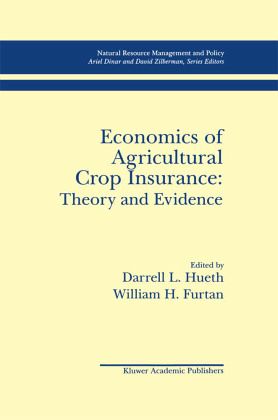
Economics of Agricultural Crop Insurance: Theory and Evidence

PAYBACK Punkte
83 °P sammeln!
Government subsidized crop insurance has been used by a number of developed countries as a mechanism to reduce farm income instability by reducing yield risks. This book provides an in-depth analysis and evaluation of government provided crop insurance in developed countries. The book is organized into three sections: Part one presents background material on crop insurance programs in the U.S., Canada and selected other countries. Part two provides some analytical models of multiple peril crop insurance which suggest the possibility of modification of design which could improve performance an...
Government subsidized crop insurance has been used by a number of developed countries as a mechanism to reduce farm income instability by reducing yield risks. This book provides an in-depth analysis and evaluation of government provided crop insurance in developed countries.
The book is organized into three sections: Part one presents background material on crop insurance programs in the U.S., Canada and selected other countries. Part two provides some analytical models of multiple peril crop insurance which suggest the possibility of modification of design which could improve performance and which explores theoretical linkages between crop insurance decisions and other producer decisions previously not analyzed. The main part of the book is Part three, where the results of a series of empirical studies using databases particularly designed to answer crop insurance questions are presented. This part of the book tests a number of the hypotheses which were raised in Parts one and two regarding reasons for the view widely held by economists that crop insurance has not functioned well.
The book is organized into three sections: Part one presents background material on crop insurance programs in the U.S., Canada and selected other countries. Part two provides some analytical models of multiple peril crop insurance which suggest the possibility of modification of design which could improve performance and which explores theoretical linkages between crop insurance decisions and other producer decisions previously not analyzed. The main part of the book is Part three, where the results of a series of empirical studies using databases particularly designed to answer crop insurance questions are presented. This part of the book tests a number of the hypotheses which were raised in Parts one and two regarding reasons for the view widely held by economists that crop insurance has not functioned well.





